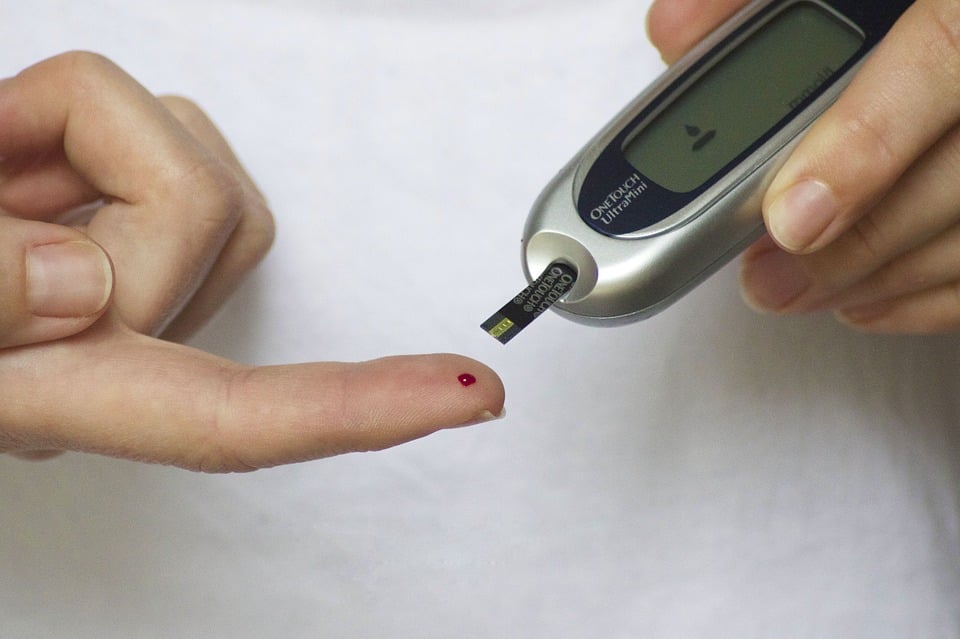Self-care fundamentals for type II diabetes patients are lifestyle adjustments like regular exercise, a nutritious diet, and enough sleep. Besides physical exercise, mind-body practices could also help in managing type II diabetes, according to an analysis of several studies published in the Integrative and Complimentary Medicine Journal.
Research shows mindful exercise could help manage type II diabetes
Researchers reviewed 28 studies that looked at how type 2 diabetes patients responded to mind-body techniques. Participants in the research didn’t have any diabetes that required insulin treatment or other medical issues like cardiovascular or kidney illness. The mindfulness activities used included yoga, meditation, guided imagery to visualize positive images in mind relaxation, mindfulness-based stress reduction, and qigong, a slow-moving tai chi-like martial art.
They participated in the exercises on various occasions, from every day to many times a week, and for lengths ranging between four weeks and six months.
Hemoglobin A1C, a crucial indicator of diabetes, was reduced when individuals engaged in the various mind-body exercises for however long. As a result, A1C levels decreased on average by 0.84%. According to the authors, this has a similar impact to using metformin (Glucophage), the first treatment for type II diabetes.
Harvard-affiliated Benson-Henry Institute for Mind Body Medicine internist at Massachusetts General Hospital and health coach Dr. Shalu Ramchandani said the exercises elicit a relaxation response. He adds that a relaxation response lowers levels of the stress hormone cortisol, leading to reduced levels of A1C by enhanced insulin resistance and blood sugar level regulation.
Relaxation can help increase blood circulation and reduce blood pressure
Other ways that relaxation can benefit people with diabetes include increasing blood circulation and reducing blood pressure, which reduces the danger of cardiovascular disease and strokes.
Research findings like this one imply, yet cannot prove, a connection between certain mind-body exercises and reduced A1C levels. There were several different involvement levels. However, given all mindfulness techniques examined had a somewhat good impact, the researchers proposed that these kinds of exercises could be incorporated into diabetes therapy alongside conventional lifestyle modifications.


